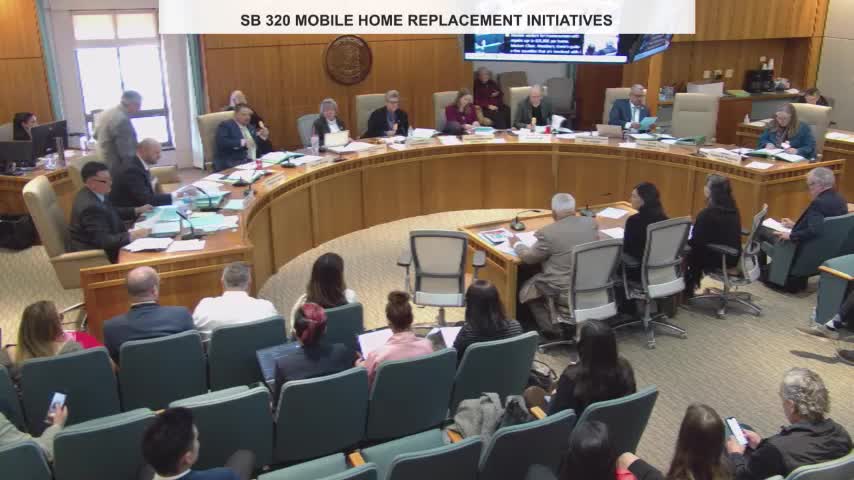Article not found
This article is no longer available. But don't worry—we've gathered other articles that discuss the same topic.
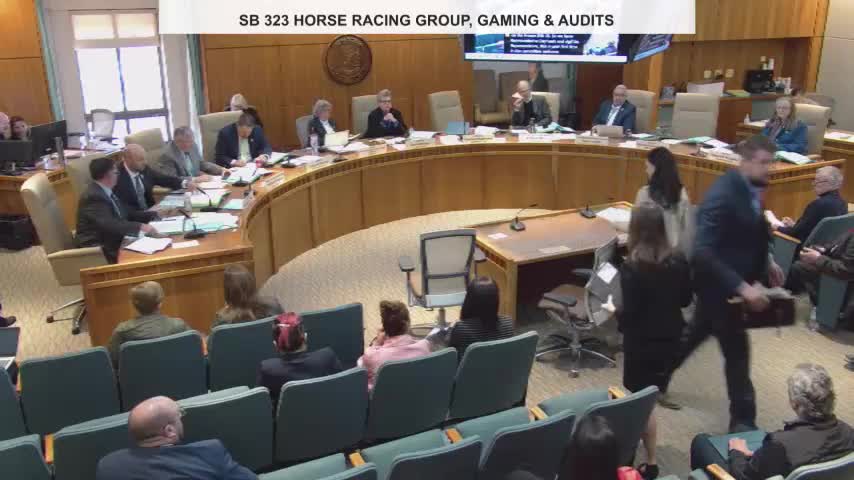
Committee backs measure letting qualified optometrists perform certain in-office laser procedures after new credentialing
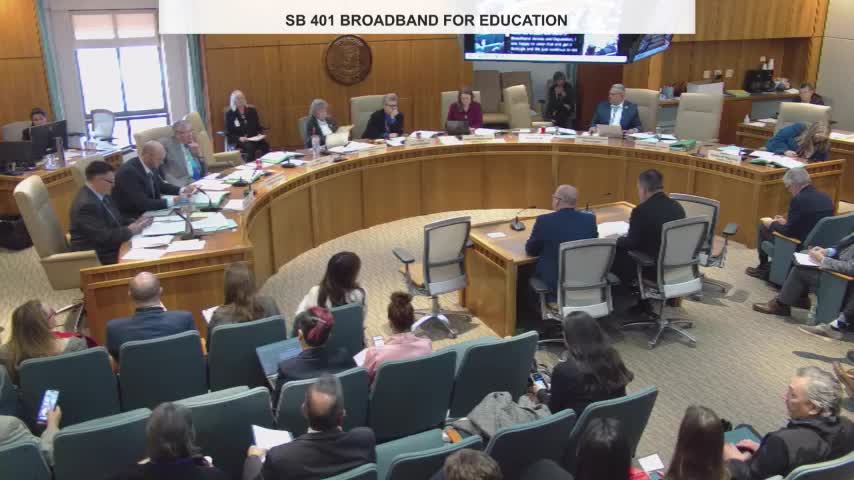
Senate panel OKs bill to fund statewide education technology infrastructure and move oversight to broadband office
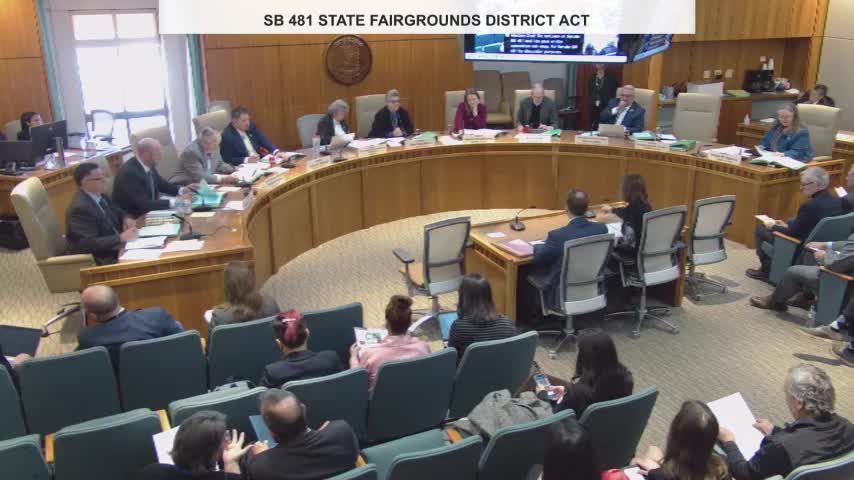
Senate committee advances bill to let state create fairgrounds redevelopment district, with limits and oversight
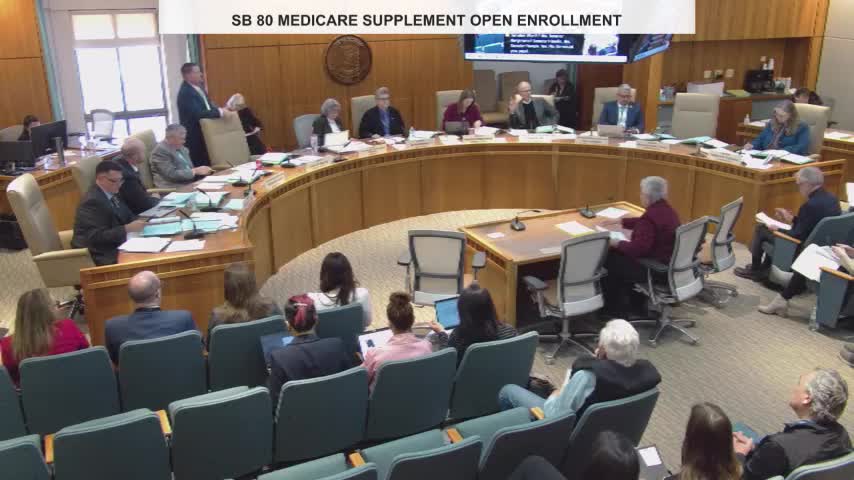
Committee hears competing claims over horse-racing bill; panel holds Senate Bill 323 for further work
